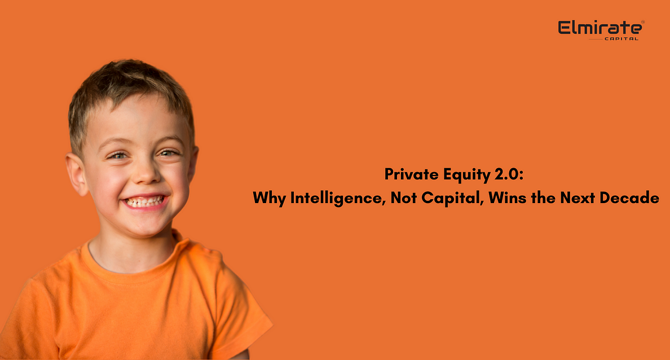Medium
4w
84

Image Credit: Medium
Why the Next $100B in PE Returns Will Come from Intelligence, Not Size
- The global private equity (PE) industry is undergoing a transformation favoring intelligence-led strategies, infrastructure, and operational agility for value creation post-2023 and 2024's challenges.
- PitchBook Q1 2025 data shows increased PE deal volumes and deal sizes, signaling a shift to strategic deployment over transactional volume in a high dry powder market.
- Intelligence is becoming the key alpha generator in PE, focusing on data, AI, and domain expertise across deal sourcing, diligence, scaling, and exits.
- Mega-deals in 2025 require intelligence integration, digital infrastructure, and business model automation for strategic rather than just capital-intensive investments.
- Challenges remain with liquidity management in PE due to lagging distributions, leading to innovative exit strategies beyond IPOs and M&A, like technology-driven solutions.
- The sectoral realignment in PE focuses on value-centric capital deployment in sectors embracing AI-native architectures, digital integration, and innovation for sustainable growth.
- Due diligence is evolving in 2025 to include intelligence architecture evaluation, synthetic scenario forecasting, and dynamic risk scoring models for long-term value creation and adaptability.
- Elmirate Capital advocates for intelligence-heavy PE investments, emphasizing AI-native platforms with real-time optimization, regulatory foresight, and cyber-physical resilience.
- The future of PE lies in scalable, defensible, and AI-native platforms that can adapt and lead in the evolving global landscape.
- The PE playbook is shifting towards intelligence, infrastructure, and digital defensibility as core aspects of investment strategy for success in a dynamic world.
- Success in PE in the coming years will depend on the integration of intelligence layers, resilient data architectures, and forward-compatible operational strategies.
Read Full Article
5 Likes
For uninterrupted reading, download the app